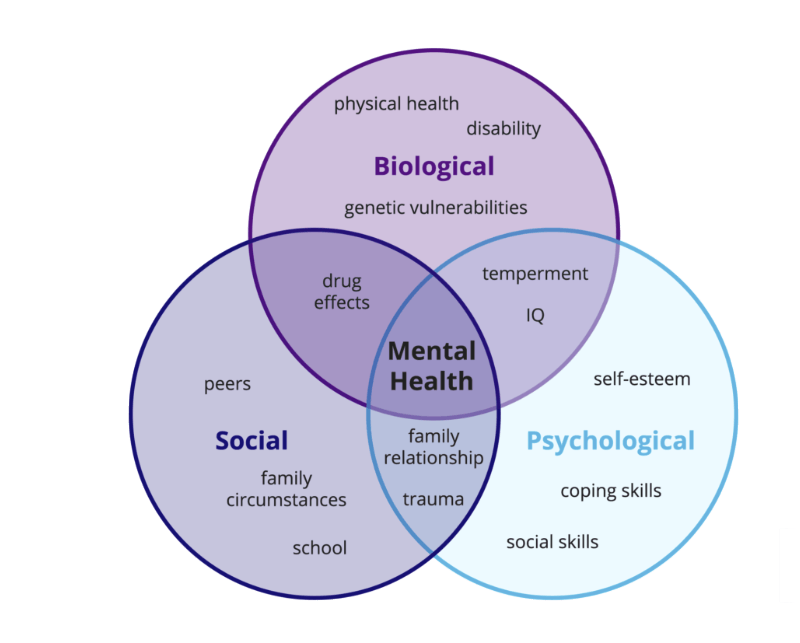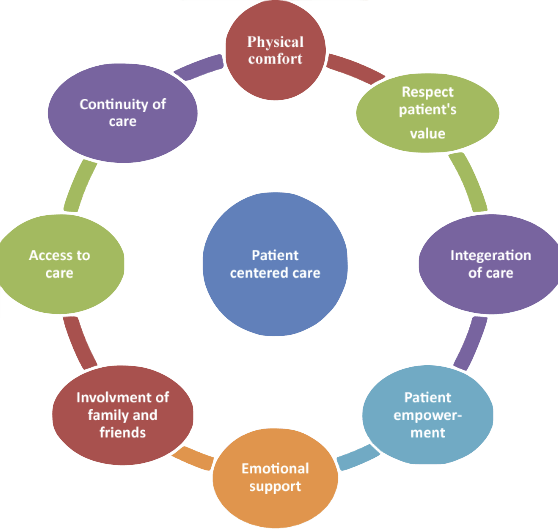When an individual is experiencing chronic pain, it can be difficult to learn where to turn for help. The research field of the neuroscience of pain and pain recovery has come a long way in the last two decades and during this time Dr. Maureen O’Keefe has been actively engaged in conferences and post-graduate training to keep up with the research and best practices in physical therapy. We provide you our knowledge and skills to help you to begin to recover. We teach you what you should be doing and avoiding. We educate you to address your fears and concerns. We develop treatment programs to achieve your goals and to address conditioning, strength, calming of the nervous system, resolution of trigger points, improving joint ease, enhancing movement patterns and more. Most importantly, we support you on your journey and we believe you hold the keys to your recovery.
In physical therapy we can help you:
- Improve your pain
- Find positions of comfort when sitting, moving, standing and doing your activities.
- Strengthen impaired muscles, address stiff joints, improve fascial fitness.
- Improve how you function and your range of motion.
- Understand your pain in a way that makes it less threatening, less of a mystery.
- Develop new strategies for moving and functioning.
- Calm your nervous system.
- Restore balance in the two sides of your autonomic nervous system: The sympathetic nervous system and the parasympathetic nervous system
- Achieve your goals.

The Biopsychosocial approach: Physical therapists commonly utilize an approach to treating their patients that is based in a model called biopsychosocial. This model respects the wholistic nature of the human body and disputes the historical belief that disease and health conditions are solely the result of biological factors. The biopsychosocial model aims to address three major components that contribute to who you are:
- Your biological factors: For example, your knee injury, your diabetes, your urinary incontinence, your back pain, an autoimmune condition, your physiology
- Your psychological factors: For example, what are your thoughts and feelings regarding your condition? What makes you laugh? When do you experience joy? Are you hopeful? Are you happy? In despair? Do you have depression? Anxiety? How’s your resiliency? Do you believe you can improve? Your coping strategies.
- Your social factors, activities and influences: For example, your social and culture environment, your ability to work, engage socially with friends, your role in your family, your relationships with your colleagues, etc.

At Purple Mountain Physical Therapy, you will find that we truly care about our patients and getting to know you is part of what helps us develop a treatment program that is effective. We integrate these biopsychosocial principals into your treatment because we know that addressing problems, insufficiencies or issues in any of these three areas can positively influence your recovery from your condition.

Patient-Centered Care: We provide patient-centered care. This means we respect you, provide emotional support, empower you, work on your goals and reasons for being here, welcome your family members and strive to help you experience physical comfort and reduction in your pain. You are the focus of our attention and are the driver of our treatment. We will guide you to develop goals that are realistic, specific to your needs, and achievable. Our whole-body approach includes the multidimensional perspective of the biopsychosocial model to understand what is important to you, your levels of stress and what causes these, your story, your history, your values, your thoughts, aggravations, athletic background and your resiliency. We develop specific programs, customized to your anatomy, evaluation findings, neural upregulation, preferences, values and goals. Because we understand advances in neuroscience, exercise for pain improvement, and recovery science, we offer a wholistic and unique approach that puts you at the center of healing yourself and addresses your mind, body and spirit. We are gentle, compassionate and caring and we also may encourage you to demonstrate efforts and set accountable goals to improve the biopsychosocial factors that are contributing to your ongoing pain.
Pain neuroscience education is an important component of your treatment for chronic pain. However, to be clear, you cannot through education-alone rid yourself of pain. That’s why pain neuroscience education is only one component of what we do, in addition to our other techniques that include exercise, neuromuscular education, neural calming, movement, body awareness and postural modifications (if needed), manual therapy, heart rate variability coherence biofeedback training and others. Adding pain neuroscience education to your physical therapy program has been show to improve pain scores and there is moderate evidence it can improve disability in the short-term.
Central Sensitization: Chronic musculoskeletal pain conditions often involve a state of “central sensitization”. Central sensitization refers to your central nervous system (brain and spinal cord) being in a hypersensitive state such that it easily and too-readily participates in the generation of your experience of pain. Our challenge is to help modulate and reduce your central sensitization. When you have chronic pain, the three-legged biopsychosocial approach becomes even more important in your recovery because addressing the psychological and social aspects help to foster improvements in your musculoskeletal condition and your chronic pain. We use myriad techniques to help you recover from your pain, to calm your nervous system and to enhance your function.
Science and experience have taught us that your restoration to your best self must be a wholistic approach. We must understand all the factors of your life that might be contributing to the ability to sustain pain and each must be addressed. Multi-disciplinary care is very helpful with chronic pain conditions and we are happy to work with your other providers or guide you in finding a provider. You may need a sleep specialist, endocrinologist, counselor, functional medicine physician, gastroenterologist, physiatrist or other specialist. We all need support during times of our life when we have inordinate stress or are facing a medical condition. We are here to treat you and support you on your journey to your best self!
Wondering if we may be able to help you? You can schedule your first appointment by clicking our “book an appointment” button at the top of our homepage or by calling us. Have questions, we’re here to help you. (616) 516-4334
